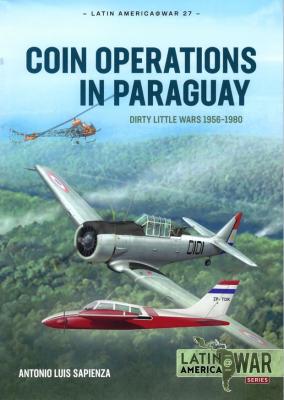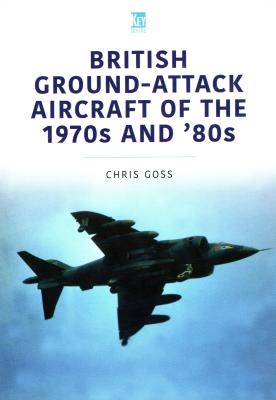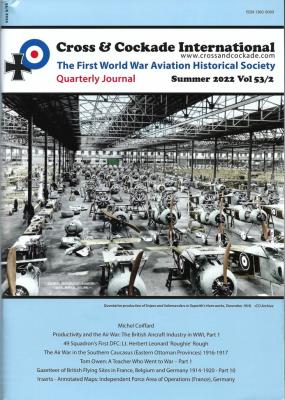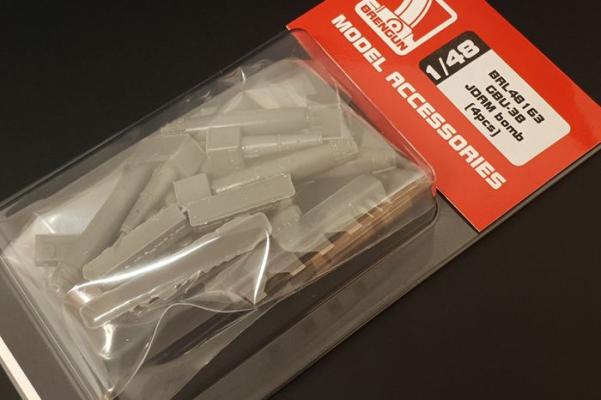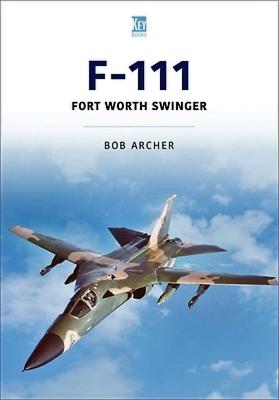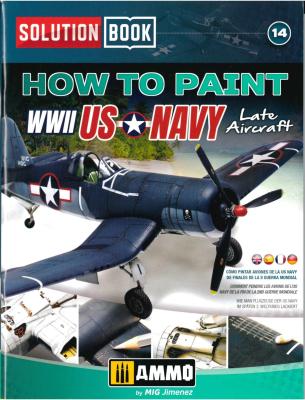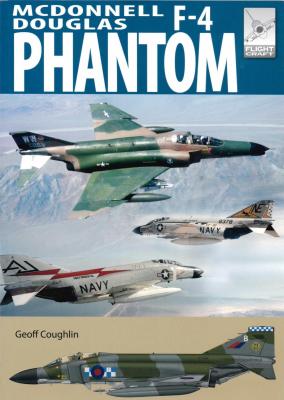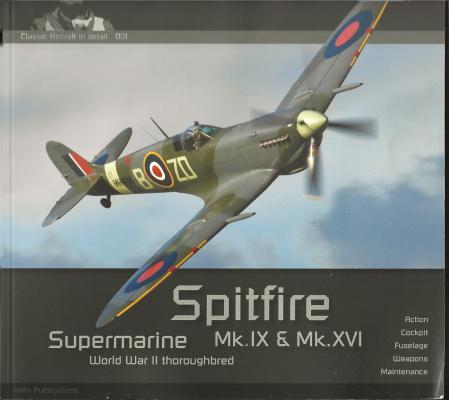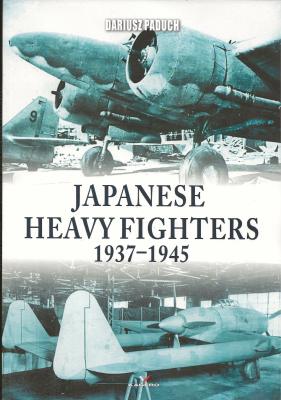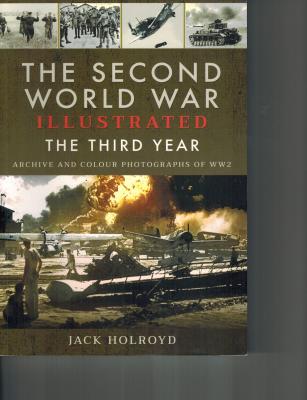Helion is a UK based company that produces books on many aspects of Military History from the Late Medieval period through to the present day. Helion was established in 1996, and since then they have published almost 1,200 books, with 100 or more new titles coming out every year for readers around the world.
What's New
I was not familiar with this series of books, so I was not sure what to expect. But being a fan of British aircraft, I couldn’t pass up the chance to review it. This book by author Chris Goss is just under 100 pages and measures 9.5” tall and 6.75” wide. There is a short forward by Air Marshal Philip Sturley and a one page introduction by the author. All of the photographs are from the collection of the late David Howley. The book contains one chapter covering the Jaguar and another covering the Harrier. There is also a short appendix listing the different variants of the two aircraft and units that operated them. The pictures are a mixture of black and white photos and color photos and are presented two on a page for the majority of the book.
Cross & Cockade International is a non-profit UK based group known as the First World War Aviation Historical Society that publishes their journal four times a year. They also provide a free newsletter (sign up on their website) and occasionally publish WWI themed books like the Sopwith Dolphin monograph I reviewed earlier for IPMS USA. This Journal is the sister of the US Journal, Over The Front.
The Joint Direct Attack Munition (JDAM) is a guidance kit that converts unguided bombs, or "dumb bombs", into all-weather precision-guided munitions. JDAM-equipped bombs are guided by an integrated inertial guidance system coupled to a Global Positioning System (GPS) receiver, giving them a published range of up to 15 nautical miles. JDAM-equipped bombs range from 500 to 2,000 pounds . The JDAM's guidance system was jointly developed by the United States Air Force and United States Navy, hence the "joint" in JDAM. When installed on a bomb, the JDAM kit is given a GBU (Guided Bomb Unit) identifier, superseding the Mark 80 or BLU (Bomb, Live Unit) nomenclature of the bomb to which it is attached.
F-111 Fort Worth Swinger by Bob Archer (not to be confused with the underground sex club, Fort Worth Swingers) is a new publication from Key Publishing of England. This ninety-six page tome is a first rate collection of color images of each mark of the F-111 with concise and complete descriptions of those variants and the role that each type played within the U.S, Air Force. Mister Archer doesn't neglect the foreign operators of the F-111 either.
This 7”x10” soft cover book contains 180 images of the F-111 in all its guises. The book focuses on the operational history as well as the deployment of each type. Divided into ten chapters F-111 Fort Worth Swinger details each of the 'Aardvarks' iterations from the prototypes ( Air Force /Navy) to export versions.
Although I’ve used several products from this prolific manufacturer, I’ve not had the opportunity to read one of their publications. The apparent premise and structure of the book (and all books in the Solution series I imagine) is to take a specific subject and then using paint and weathering products from AMMO of Mig, obtain a somewhat advanced result, at least to the paint and weathering of the model.
The website description verifies this is intended as a “simple and basic guide,” and such it is, but there are some great tips for any level of modeler, both about basic techniques used to achieve a particular effect and about the uses of AMMO’s products.
The F-4 Phantom II needs no introduction to serious aircraft modelers. Arguably one of the most important warplanes of the 20th century, over 5000 were built during a 23-year production period, and the Phantom was flown by all 3 U.S. air services (USMC, USN, and USAF) as well as the air forces of 11 foreign operators.
There are many great Phantom reference books on the market. Most focus on either actual aircraft pictures and reference material, or on a collection of models. As a Phantom enthusiast (I have 7 or 8 built models in my display cabinets and another 60+ in my stash), I have several of each type of book in my library, and this one is unique in that it is a combination of both.
This is the first book in a new detail series. The books are cover to cover gorgeous color photos of thirty of the thirty-nine flyable Mk IXs and XVIs around the globe. The book includes pictures of the various aircraft in flight, detail shots of the cockpits, fuselage, weapons and undergoing maintenance. These photographs are of the highest quality, showing intricate details. Many of these detail shots area accompanied by explanatory captions.
When most aviation enthusiasts and modelers think of heavy fighters, the image of larger, usually twin-engine aircraft such as the Bf-110, P-61 or Bristol Beaufighter come to mind. In Japan during WWII a heavy fighter designation meant an aircraft that were armed with large caliber machine guns and/or cannons. So, several small single engine fighters were considered to be “heavy fighters.”
The book covers the first winter in Russia through the Canadian landing at Dieppe and is divided into 11 chapters covering the main events during the third year of the war. The sources of the photos are from England, Germany, Japan, USA, Russia and personal archives. As far as I know this is the first time that a compilation of all these photos has been made.
The photos are sharp and of very good quality and show good detail. The battles covered by the book include: Hitler's First Russian Winter, Rommel and the Fall of Tobruk, Tojo Attacks Pearl harbor, Japanese onslaught in Southeast Asia, Tokyo Attacked - The Doolittle Revenge Raid, Battle of Coral Sea and Battle of Midway, British Target St. Nazaire Dry Dock, Operation Biting-The Bruneval Raid, RAF starts Area Bombing: Target Civilians, Hitler Battles for the Caucasus Oil Fields and The Canadian Landing at Dieppe.

